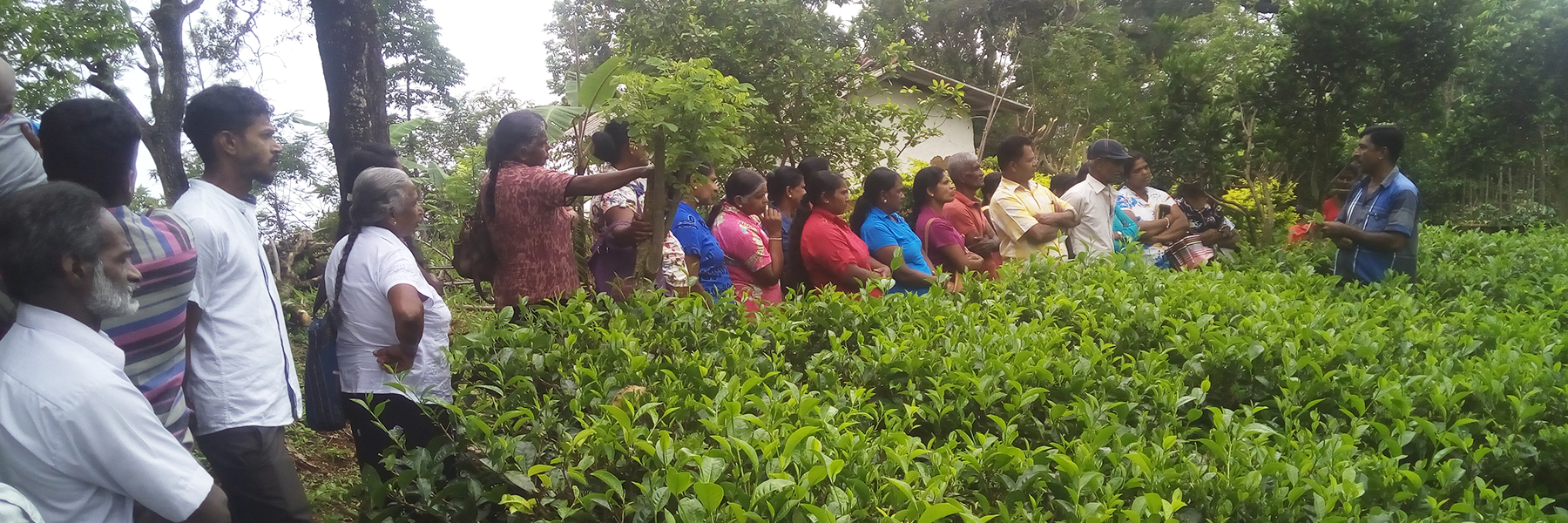Focal Area: Gampola Village tank system, Udukumbura Kandyan homegarden system and the Millaniya Semi Urban Agriculture Owita System.
Geographic coverage: National
Duration: 2013 to 2017
Implementing agency: Bioversity International (formerly International Plant Genetic Resource Institute (IPGRI). Other project partners include the Ministry of Environment and Natural resources and the Department of Agriculture, Sri Lanka.
Donor/source of funding: UNEP/Global Environment Facility
Budget:
| Source | Total (Actual cost) ($) |
| GEF | 1,200,000 |
| Co-finance (Cash) | 1,500,000 |
| Co-finance (in-kind) | 1,700,000 |
Brief summary of activities and relevance to SLM FAO project:
The main objective of the project is to ensure that agro-biodiversity in Sri Lanka is optimally conserved and used to meet the challenges of climate change and improve rural livelihoods.
To realize the above, the project activities were categorized into four components:
- Under adaptive management, traditional crop varieties, breeds of livestock, agroforestry and medicinal plants were made available and maintained within the landscapes. Moreover, adaptive management practices supporting these varieties and pollinators were popularized by development of local and national indicators pertaining them for monitoring purposes.
- The improvements have been made to local markets to better serve the farmers and the local community l; market linkages were created locally and internationally for the agro-biodiversity products.
- Institutional Frameworks were developed by formulating a National Agrobiodiversity Strategy for mainstreaming agro-biodiversity conservation efforts; mainstreaming agro-biodiversity into national sector plans; establishing community outreach staff to support farmers in maintaining agro-biodiversity; promoting research into integrated agro-biodiversity systems in local research and development organizations.
- Monitoring and evaluation of the project
Key lessons which the Mainstreaming Agro-biodiversity Conservation project could provide the FAO SLM project are:
- Importance of having active dialogue with stakeholders from the outset of the project till the end.
- The need to consider a wide range of activity options that would cut across different stakeholders when formulating the national agrobiodiversity strategies.
- When communicating the impacts of climate change, it is important to also communicate the potential margin of error in a manner that is easily understandable.
(Bioversity International, 2013; Ministry of Mahaweli Development and Environment, 2017b)

